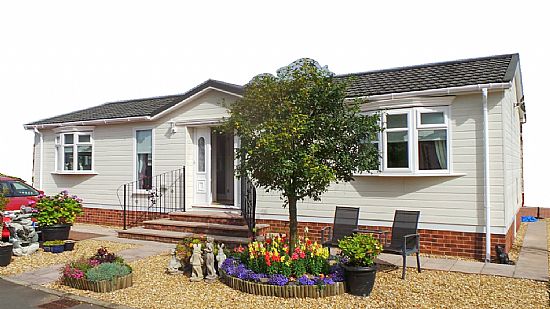______________
Join our Facebook page HERE
Open to SCOPHRA members only
to keep up with all things Park Home in Scotland and for advice and support, hurry over to register NOW
____________________________
DO YOU LIVE IN A RESIDENTIAL PARK HOME OR LODGE IN SCOTLAND - OR ARE THINKING ABOUT IT?

IMPROVE YOUR PARK HOME LIFE EXPERIENCE WITH THE SCOTTISH CONFEDERATION OF PARK HOME RESIDENTS ASSOCIATIONS (SCOPHRA)
if you live in a residential park home or lodge in Scotland, or are thinking about it, you may find this website useful.
Residential Park Homes, sometime called mobile homes, provide a unique lifestyle which is growing throughout Scotland - with over ninety (90) properly licensed sites from the Highlands to the Borders. They are used predominantly by the over 50’s and those of a retirement age looking for an easier way of life. In some cases, location can be the main attraction, in particular the countryside, along with coastal sites are both very much sought after but sites can be found in urban areas.
Park Home sites are generally privately owned; the residents will own their own home but rent a 'pitch' on which their home is sited, from a site owner; the surroundings will differ from site to site and personal choice might be an option. If community style of living is your preference, then this can be found on a park home site with like-minded residents willing to participate in group activities and in some cases form a residents’ association.
SCOPHRA is a voluntary organistaion which exists to help park home residents associations and individual park home owners to fully enjoy the park home lifestyle by assisting them with advice and assistance on park home law, park home contracts, dealing with site owners, local authorities, park home financial matters and promoting park home legislation.
SCOPHRA is the go-to organisation for the Scottish Government on park home matters and our executive meets regularly with MSPs and Scottish Government officials.
If you are interested or think we can help you, please browse our site, look at the latest news and FAQ's or email us with a query at - enquiry.scophra@outlook.com
MEMBERSHIP OF SCOPHRA IS OPEN TO CONSTITUTED RESIDENTS ASSOCIATIONS AND INDIVIDUALS LIVING ON RESIDENTIAL PARK HOME ESTATES IN SCOTLAND.
Association Membership for a full site is £60 per year with individual membership at £12
Contact us at membership.scophra@outlook.com to request a membership application form
IF YOU HAVE AN ENQUIRY ABOUT PARK HOME LIVING IN GENERAL, OR PARK HOME RESIDENTS ASSOCIATONS IN PARTICULAR, EMAIL US RIGHT AWAY AT enquiry.scophra@outlook.com
WARNING NOTICE
IF YOU ARE THINKING OF BUYING A PARK HOME FOR PERMANENT RESIDENCE PLEASE TAKE PROFESSIONAL ADVICE FIRST AND MAKE SURE YOU ARE NOT BUYING A HOLIDAY HOME WITHOUT PERMANENT RESIDENCE RIGHTS. CONTACT SCOPHRA FOR ADVICE BEFORE SIGNING ANYTHING.
For more information about how we use data, please see our Data Protection Policy
The information on these pages is given in good faith but is not intended, and should not be taken, to be legal or professional advice. SCOPHRA and/or its office-bearers accept no responsibility in any way for its use. As in any major transaction or legal matter you should always consult a solicitor or other professional adviser.
